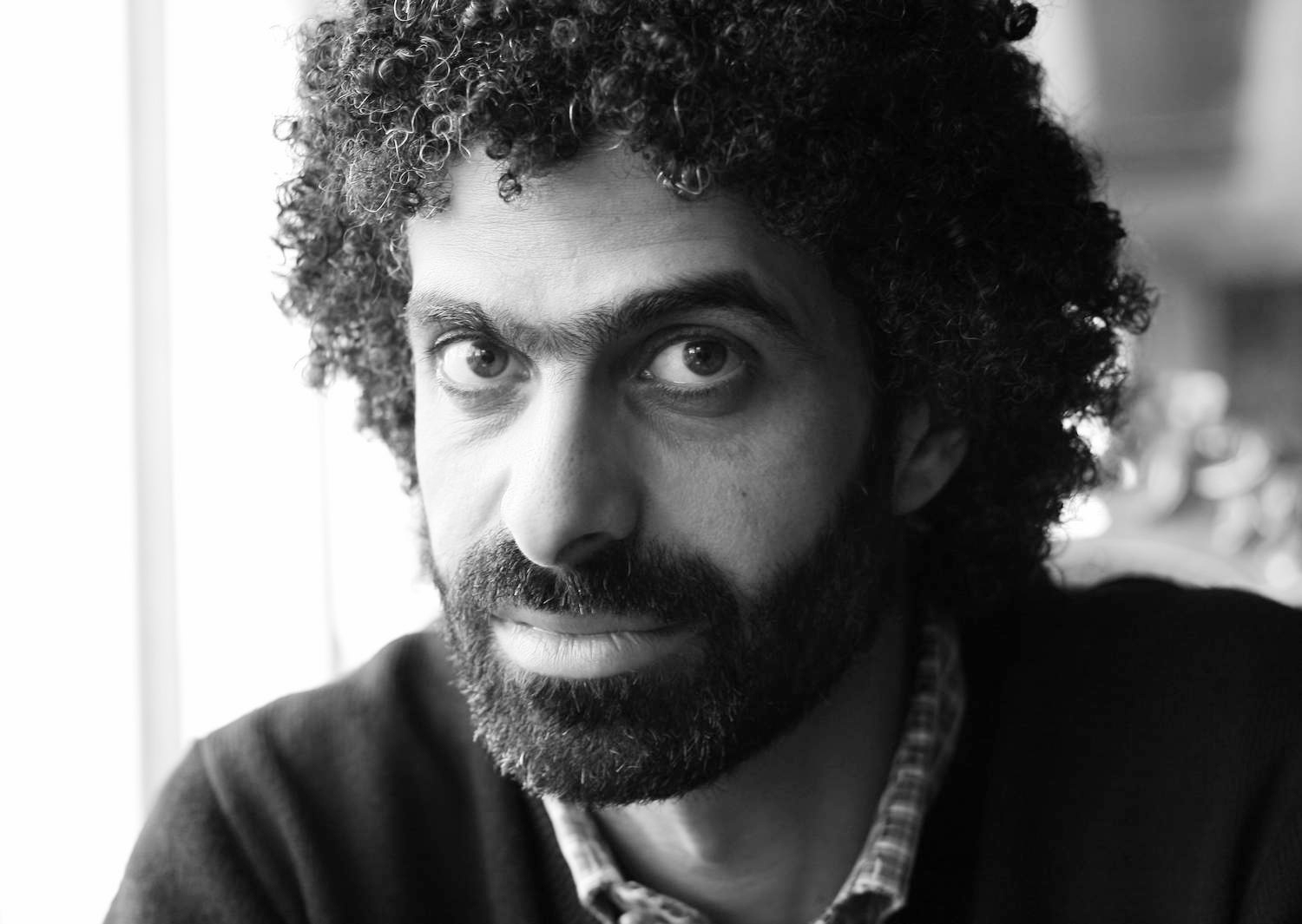By Natalia Simanovsky
TEL AVIV: Palestinian Prime Minister Salam Fayyad has recently been on the receiving end of a barrage of criticism from those who claim that the measures he implemented, and were authorised by President Mahmoud Abbas as part of their state-building plan, are undemocratic. The plan, entitled “Palestine: Ending the Occupation, Establishing the State”, launched in August 2009, is a blueprint toward establishing an internationally recognised, demilitarised Palestinian state in the West Bank and Gaza based on the 1967 borders, with East Jerusalem as its capital.
The critics, who include Western scholars such as Nathan Brown of the Carnegie Endowment for International Peace, and organizations such as Human Rights Watch, have charged that in their efforts to build a state, Fayyad, Abbas and the Palestinian National Authority (PNA) have been resorting to authoritarian-like measures. They cite the expired terms for the president and the parliament, lack of separation of power between the executive, legislative and judicial branches, and illegal detainment of Hamas supporters in the West Bank as examples of how the PNA is advancing administration at the expense of democracy.
But the criticism is neither wholly accurate nor appreciative of the context within which the leadership must operate. That the PNA recently announced both parliamentary and presidential elections will occur in September shows that the government is eager to implement certain democratic norms, a point which should be embraced by its critics. But they should also understand that Palestine will not emulate a Western-style democracy in its entirety, because democracy is not a one-size-fits-all model. Indeed, the particular set of political and security circumstances that the Palestinian government must contend with are, at times, very challenging to marry with Western democratic norms and values.
At the initial stage of the state-building project, the top priorities included: ridding the West Bank of the lawlessness that had turned West Bank towns into battle grounds for armed gangs, strengthening the West Bank economy and clearing the political system of decades-old corruption and nepotism to create a transparent and accountable government. For over a year, the PNA has been extremely successful in achieving these goals, although they are still work in progress.
One example of the impressive results is that in 2010, Israel experienced the quietest “security year” in a decade. This lull in terrorism has been directly related to coordination between the Israeli Defence Force and Palestinian security forces, along with the PNA crackdown on Hamas and other violent groups in the West Bank. These security measures have, however, included instances in which basic human rights have been violated, as with the illegal detainment of Hamas supporters. This is a problem that has not been addressed effectively and is unlikely to be, given the complex power relations between the PNA and Hamas, and the conditions set by the international community in exchange for donor support.
The contours within which Fayyad must work are incredibly complicated and an impediment to the democratic process. The international community and Israel have set certain security standards to which the PNA must adhere. If Fayyad, for example, were to be seen as unable to deliver a certain measure of security in the West Bank through arrests of those deemed as “security threats”, then Israel could decide to re-enter the areas currently under the PNA’s control and threaten the state-building enterprise in its entirety.
One way to quell the criticism leveled at Fayyad while giving him the political space to maneuver in this fragile environment would be for the Obama Administration and the European Union to tie their recognition of a Palestinian state, which is expected to be presented to the United Nations in September, with restarting peace negotiations.
Tying recognition to the political process would help bring the two sides back to the negotiating table and help the United States recover some of its badly tarnished reputation after it vetoed a UN resolution condemning Israeli settlements in the West Bank.
Continued support for Fayyad’s state-building initiative means giving a real chance to the only concrete plan which has the potential to dramatically transform the Israeli-Palestinian conflict and, by extension, the Middle Eastern political landscape. Western countries should accept that at least for the moment, the pursuit of Palestinian statehood may be at odds with an ideal democratic model.
Natalia Simanovsky is a former research officer with the Canadian International Council, a foreign policy-oriented think tank, and is currently researching the Palestinian state-building plan.

